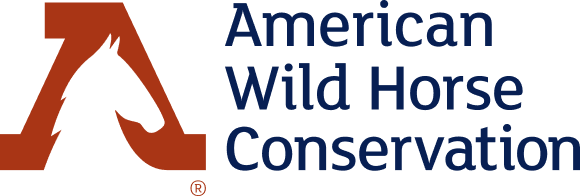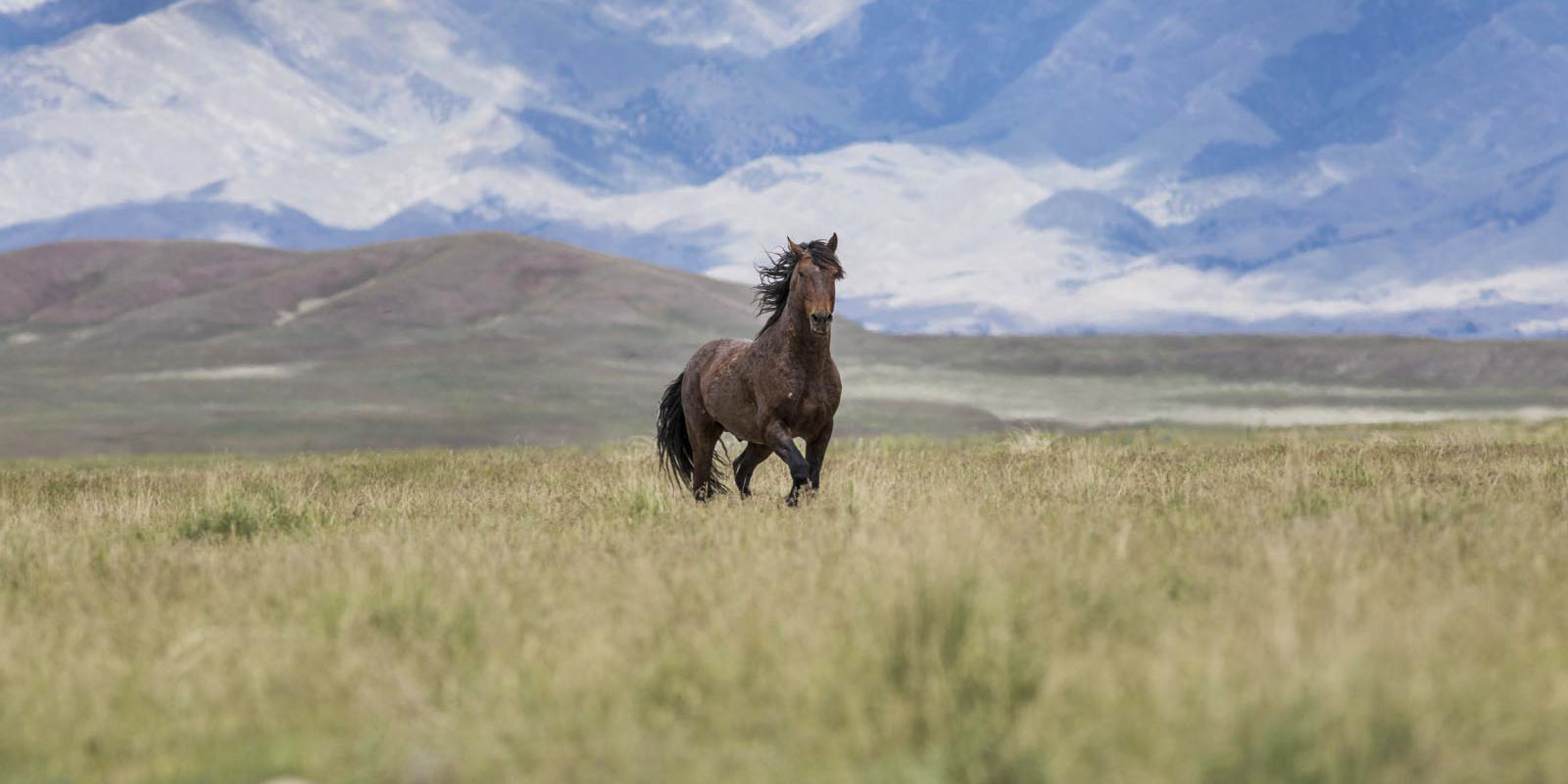Can you legally help wild horses who are thirsty or hungry after being displaced by a fire?
• Short answer: It is illegal to feed wild horses, regardless of their circumstances, by state and federal law. Offering water is allowed on private, not federal, land and is not recommended near roadways. Government agencies ask that you contact them to help horses in need – the Nevada Department of Agriculture for horses around Reno and Carson City in the Virginia Range, and the Bureau of Land Management for horses in the Pine Nut Mountains near Dayton.
Full question
Jim Schnieder of Sparks write, “Wild horses have temporarily lost tens of thousands of acres of food. Because many of their established trails to water have lost grass and brush, many will have no or little sustenance along the way to their familiar watering holes. Too many wild horses will be competing for too few resources. The result will be slow moving skinny horses and carrion. It seems there are three alternatives: 1. relocate them to healthier habitat; 2. locals and horse lovers feed and water them; or 3. the long trips to Mexico packed shoulder-to-shoulder in wheeled open rebar cages for slaughter. May we legally feed and water starving wild horses following the fires?”
Full reply
To begin, it’s helpful to know what agency is responsible for which wild horses.
Most horses seen near Reno and Carson City in the Virginia Range are managed by the Nevada Department of Agriculture. The recent Winnemucca Ranch and Aspen fires were in the Virginia Range.
Nevada law considers horses in the Virginia Range to be “feral livestock,” not “wild.”
“It is illegal for any member of the public to feed feral horses and is not recommended to water them near urban areas or major roads,” said Chris Miller, agriculture marshal for the Department of Agriculture, by email.
• News: Trump budget would lift wild horse slaughter restrictions
He added that the department coordinates with the American Wild Horse Preservation Campaign to feed and water horses in the Virginia Range “when they need it.”
If you do see horses in distress in this area, the agriculture department asks that you call its horse hotline at 775-353-3608 with specific details – date, time, address or location.
Some people may fear contacting the department because they don’t want the horses rounded up and put in pens.
The Nevada Department of Agriculture “only traps and removes or relocates horses when they are a public safety concern,” Miller said. “Public safety concerns include horses in close proximity to highways. On a case-by-case basis, the department will authorize AWHPC to seek medical assistance for horses on the Virginia Range. Horses that are not a public safety concern or in need of medical assistance will not be collected by the department.”
• More on horses:Wild horses among most deadly animals in Nevada
The BLM manages wild horses and burros on public lands where they were found when the 1971 Wild Free-Roaming Horses and Burros Act was passed.
“The best example of BLM-managed wild horses in the area is the herd in the Pine Nut Mountains just south of Dayton,” said Jason Lutterman, public affairs specialist for the BLM’s National Wild Horse and Burro Program, by email.
It is against federal regulations to feed or water any wild animal on federal public lands, including wild horses and burros, he said.
“This is for the protection of the public and the animals,” Lutterman said. “If someone observes a wild horse or burro in need, please call your local BLM office (in the Reno area, that would be the Carson City District Office: 775-885-6000) or call 866-4MUSTANGS.”
Again, some people may be leery of contacting the BLM to help horses. Asked when the BLM would round up horses vs. simply bring food and water, Lutterman said:
“It's really case-by-case. If wild horses' habitat is damaged enough that we'd need to provide continuous supplemental feed, it's better if the horses are gathered and properly cared for in a facility until the land is healthy enough to support them again. This gives the land a chance to recover, and we can ensure the horses are getting what they need. The BLM does in some circumstances haul water out to springs that may temporarily be low or dry until they can be refilled naturally. For example, we are currently hauling some water to springs that wild horses and burros rely on in Southern Nevada that have run out of water.”


